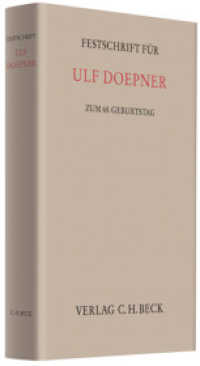Full Description
Written and produced under martial law in 1980's Communist Poland, Krzysztof Kieślowski's Decalogue presents a collective portrait of a demoralized nation populated by gloomy individualists" who respond to other people with antagonism or indifference. Feeling betrayed by a history of brutal invasions, the series' characters struggle to cast off a legacy of a bitterness that has arisen because their national hopes have been so frequently shattered. Yet the central questions that animate The Decalogue are not political but ethical and ontological: How should one live? And why should one live at all in an atomized civilization? In exploring these questions in relation to the Ten Commandments, the series' unifying principle is, paradoxically, disintegration: Kieślowski's protagonists break the Commandments in a fractured world drained of meaning. Disintegration functions as a multidimensional principle—moral, historical, social, and psychological—informing The Decalogue's conception, organization, and style. In analyzing these features the study draws on a wide range of philosophical, literary and psychoanalytic inter-texts.
Contents
List of Figures - Acknowledgments - Introduction - Language and Silence in Decalogue One - The Ruptured World of Decalogue Two - Taking the Long Way Home: Decalogue Three - The Death of Authority in Decalogue Four - Mistakes of a Huge Machine: Murder and Injustice in Decalogue Five - Disrupting the Gaze in Decalogue Six - Fractured Fairy Tales: Stolen Childhood in Decalogue Seven - Dislocated Histories: Bearing Witness in Decalogue Eight - Divine Possession: Metaphysical Covetousness in Decalogue Nine - A Broken Series: Decalogue Ten - Index.







